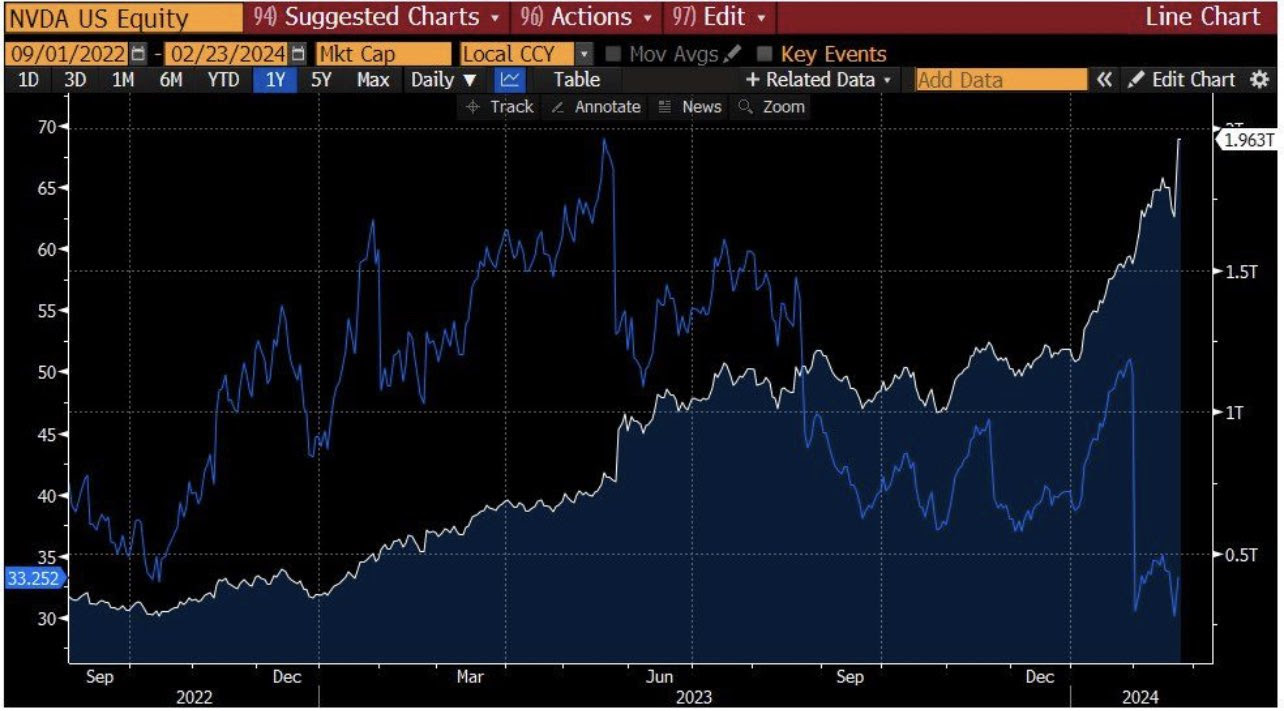Yesterday, Vice finally filed for bankruptcy, and with it we have a declaration from its chief restructuring officer Frank Pometti, hired from AlixPartners to oversee the carcass of the hipper-than-thou media empire.
Sadly the CRO’s declaration isn’t quite an FTX-style “lol this is the maddest thing I’ve ever seen”, but it doesn’t paint a favourable light of a company once valued at nearly $6bn in the zero-rates era.
Basically, the company was a very trendy, very fun, very elaborate cash incinerator, according to Pometti’s filing.
Like many other growth companies in the media and technology sectors, VICE has been cash flow negative for the past several years. As a result, VICE relied on external funding, raising both debt and equity capital to fuel its rapid growth and to fund expenses in certain parts of its businesses. Although these fund-raising efforts helped to finance VICE’s growth, they ultimately led to the Company being burdened by a highly leveraged and unusually complex capital structure.
As current market dynamics trended against the Debtors, the substantial funded debt obligations, dividend requirements from its various classes of preferred stock, and other non-operational expenses and obligations, severely constrained liquidity and interfered with VICE’s ability to raise additional capital. The lack of liquidity was particularly problematic for VICE given the ongoing capital requirements arising from the fact that the majority of its businesses operate across platforms that require near constant innovation and adaption to new technologies, and the development of content which requires upfront investment and often takes multiple years to generate returns.
Prometti later gives some more details. Vice’s sins seem to go all the way back to at least the 2017 financing round, when it raised $450mn from the likes of TPG at a frankly mental-even-at-the-time $5.7bn valuation.
The money was mostly raised through preference shares that paid fixed dividends, but just got pumped into financing growth that never really materialised. As a result, Vice struggled to generate profits to service its financial obligations for years before it finally succumbed to bankruptcy.
As Vice’s CRO says, with our emphasis:
In 2017, following the issuance of significant amounts of Preferred Stock, the Company invested significant capital in content, operations and infrastructure that did not provide an immediate return and resulted in significant losses and increased expenses. In 2019 the Company raised additional capital to fund ongoing operations, non-operating expenses and liabilities and operational restructurings. This left the Company saddled with a significant amount of leverage in the form of the Prepetition Senior Secured Term Loans, Senior Subordinated Notes and Preferred Stock. Complicating the Company’s financial situation was the fact that it did not generate sufficient free cash flow to pay its debts and continued to operate at a loss for several years prior to the Petition Date.
By 2022, Vice was tapping its investors for money at an almost monthly clip. Which must have been fun for the CFO and the company’s shareholders.
Beginning in early 2022, to address cash shortfalls, Vice Parent issued several series of subordinated unsecured notes, as issuer, to the Senior Preferred Shareholders, as purchasers (the “Subsequent Subordinated Notes” and, together with the Initial Subordinated Notes, the “Senior Subordinated Notes”). The Subsequent Subordinated Notes were issued in various series, which respectively were dated February 25, 2022, April 29, 2022, May 27, 2022, June 14, 2022, August 2, 2022, August 12, 2022, August 26, 2022, August 29, 2022, September 13, 2022, November 2, 2022, and November 14, 2022.
Anyway, read the full filing if you want more details on how Vice cast around desperately for a buyer and how the bankruptcy finally came about, or you just want to ogle at organisational charts like this one:
How ZIRP phenomenon Vice lost its grip
